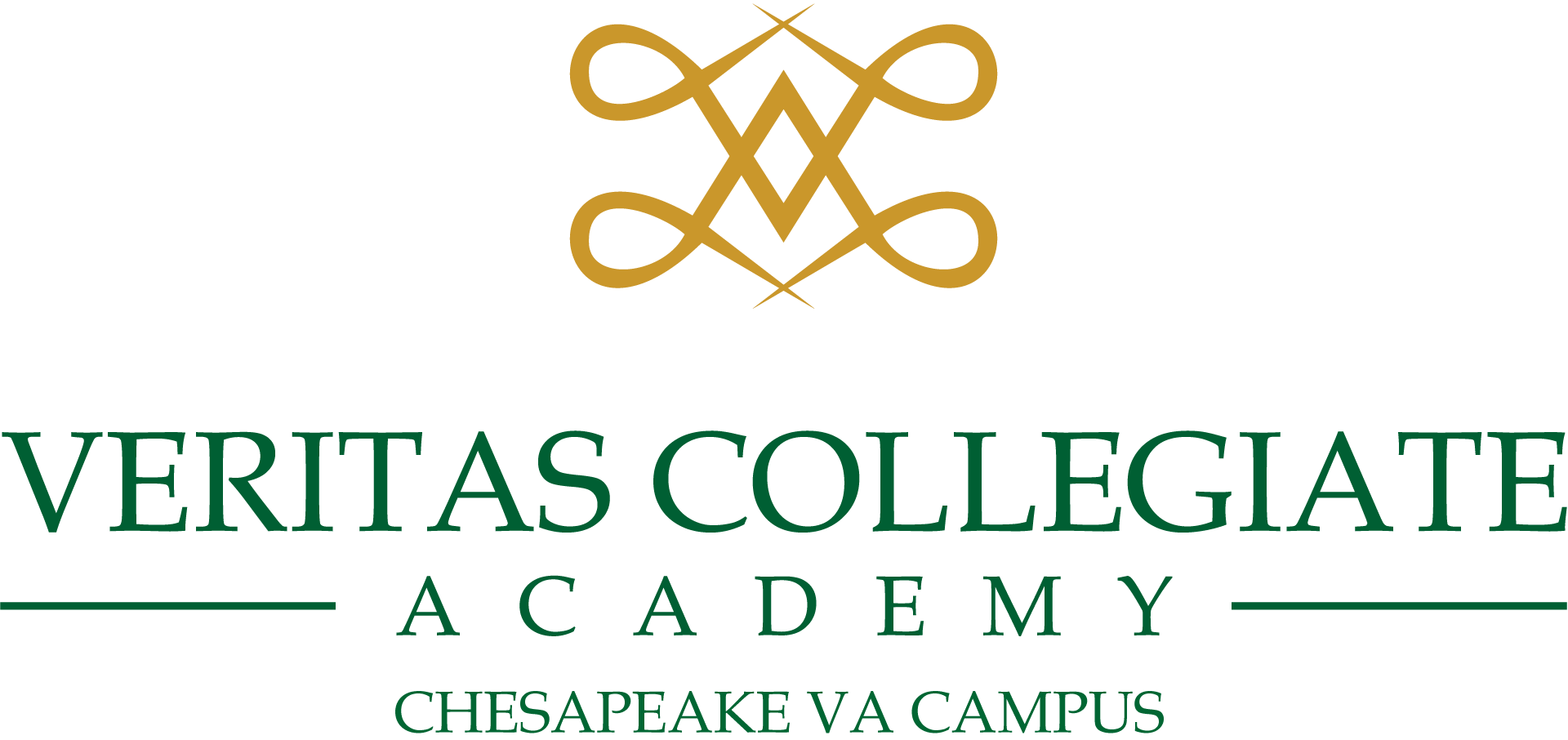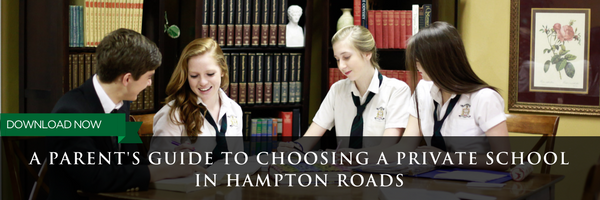In my previous blog, I addressed the aspects of investing in your child’s early education versus saving for their college education. If you have decided to invest now in a private school, then your next question may be, “how can I afford it?”
Private school can be expensive, and it probably means financial sacrifices are necessary. The financial impact may make it seem like an impossibility for some families; however, scholarships may make private school possible for many families.
Three things to consider are your family’s priorities, your finances and your scholarship opportunities.
1. Assessing Priorities
When evaluating family priorities, one fallacy must be addressed first. Most consider public school to be “free,” even though we actually fund public schools through our taxes. It only appears free to parents since it is not one of their monthly bills.
The main priority to consider is the quality of your  child’s education. Ensuring their children receive a high-quality education is a concern of most, if not all, parents. The problem is how we assess the quality of an education.
child’s education. Ensuring their children receive a high-quality education is a concern of most, if not all, parents. The problem is how we assess the quality of an education.
There are many different aspects to evaluate, and public schools may use criteria such as standardized test scores, class size (or student-to-teacher ratio) and school lunch programs. Yet, these examples are hardly a good evaluation of a quality education.
One of the principal criticisms of the No Child Left Behind Act is its reliance on standardized tests, which places undue emphasis on a single test, resulting in “teaching to the test.”
Ultimately, the quality of education cannot be measured by a single test, although it can be an indicator of a child’s performance.
Similarly, smaller class size, which is generally a benefit of a private school, can potentially improve the quality of education, but it is by no means an accurate measurement. It is more the possibility of better education.
Finally, school lunch programs have nothing to do with the quality of an education, and it is more indicative of another issue, specifically who is responsible for a child’s education.
When assessing our priorities, we must recapture the notion that we, the parents, are primarily responsible for educating our children. We fully embrace parental responsibility when it comes to potty-training and teaching our children to say “please” and “thank you.” However, when formal education begins, teaching our children becomes a lower priority.
2. Assessing Finances
Unquestionably, the financial burden associated with private school can be heavy. Unless you are independently wealthy, affording private school can be a challenge.
The problem is that parents will consider saving for college in their child’s early years; however, they usually do not consider the affordability of private school. Therefore, step one is to assess your family’s financial budget and consider the possibility of private school. And if you don’t have a budget, create one!
Step two is finding areas to reduce financial burden. Two areas that have the greatest potential to create excess funds is reducing your family’s housing payment by downsizing, or reducing vehicle costs by buying a used car or driving a more economical vehicle.
financial burden. Two areas that have the greatest potential to create excess funds is reducing your family’s housing payment by downsizing, or reducing vehicle costs by buying a used car or driving a more economical vehicle.
Housing costs are generally the largest family expense, and also where the greatest savings can be found.
Similarly, changing from a sports car or a full-size truck to an economical sedan can reduce insurance costs and fuel costs.
You can also reduce your family’s spending by minimizing frivolous spending associated with entertainment (i.e., cable television and cell phones) and leisure (i.e., dining out and social events).
3. Investigating Scholarships
The problem for many is that they simply cannot afford the full cost of private education. They struggle to earn enough money to pay the bills and to put food on the table. In these cases, they are already addressing their family’s priorities. So, what are their options?
The simple answer is scholarships.  Most private schools recognize the cost burden, and they offer financial scholarships based upon need. Many of these schools have successful graduates who become important benefactors. Also, many private schools are religious schools, and therefore have members who donate to further the mission of the school.
Most private schools recognize the cost burden, and they offer financial scholarships based upon need. Many of these schools have successful graduates who become important benefactors. Also, many private schools are religious schools, and therefore have members who donate to further the mission of the school.
If you are interested in private education for your children, but you simply cannot afford it, do not eliminate the possibility of private school. Apply to the schools in which you are interested, and when accepted, ask them about scholarships.
Finally, if you cannot afford private school and you feel “stuck,” then your next option is to investigate School Choice.


.png?width=1920&name=VCA%20VA%20Logo%20White%20PNG%20(1).png)

